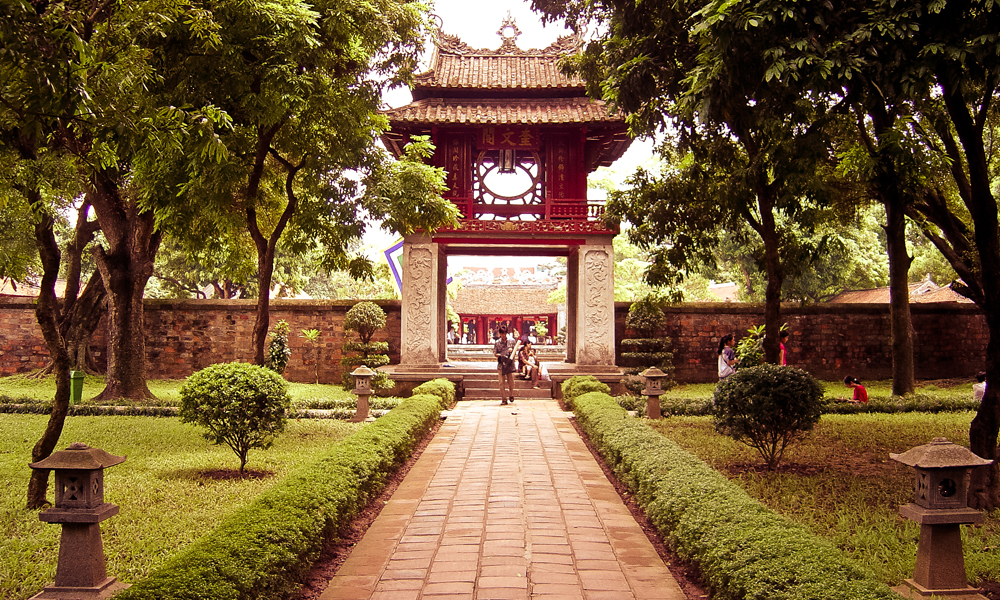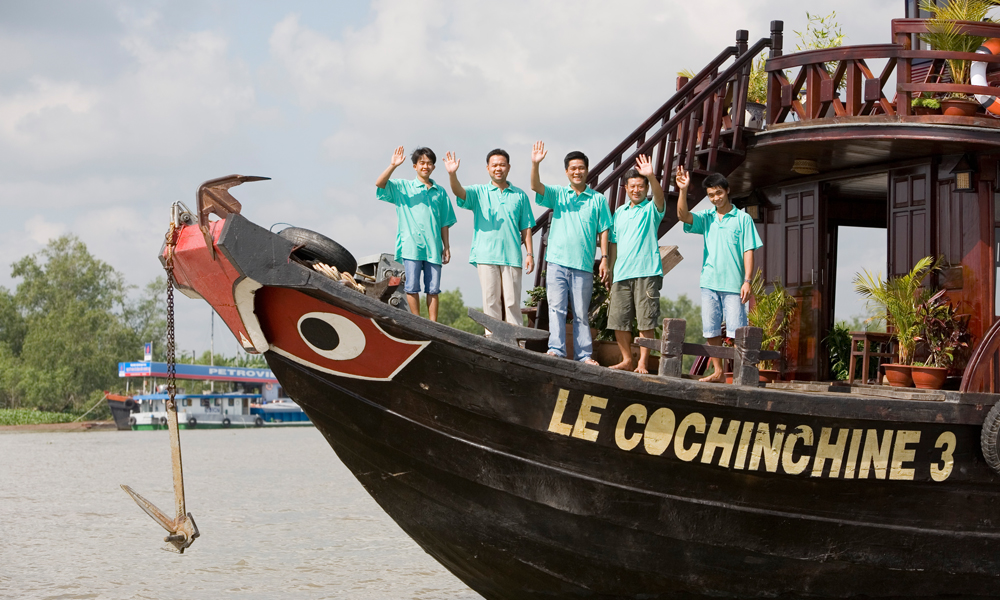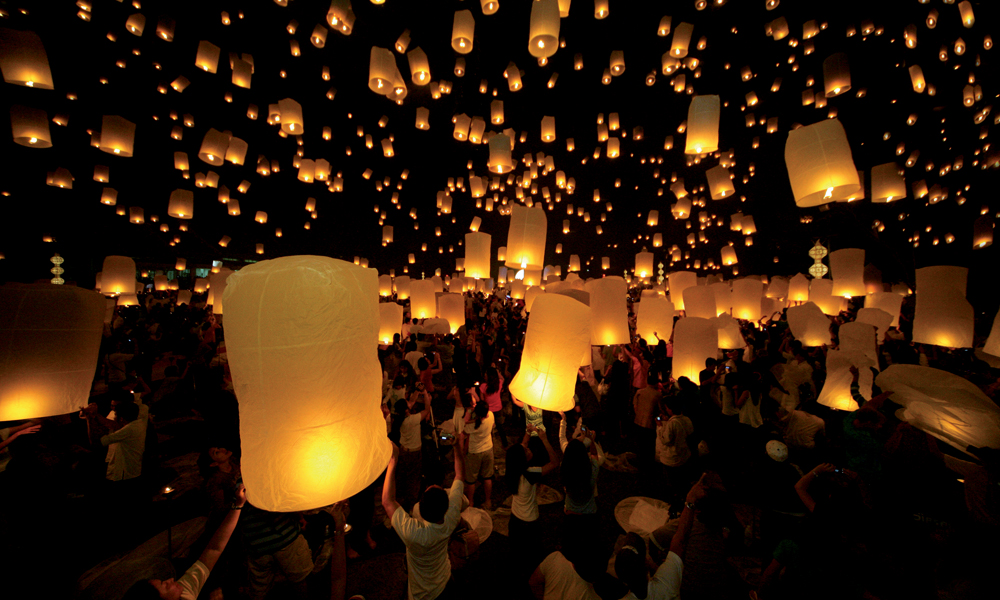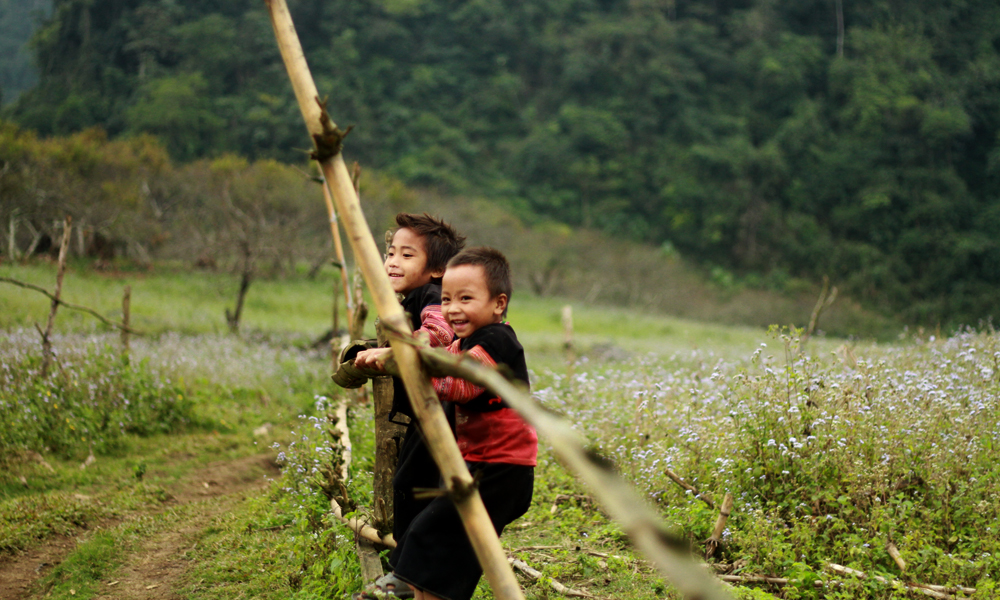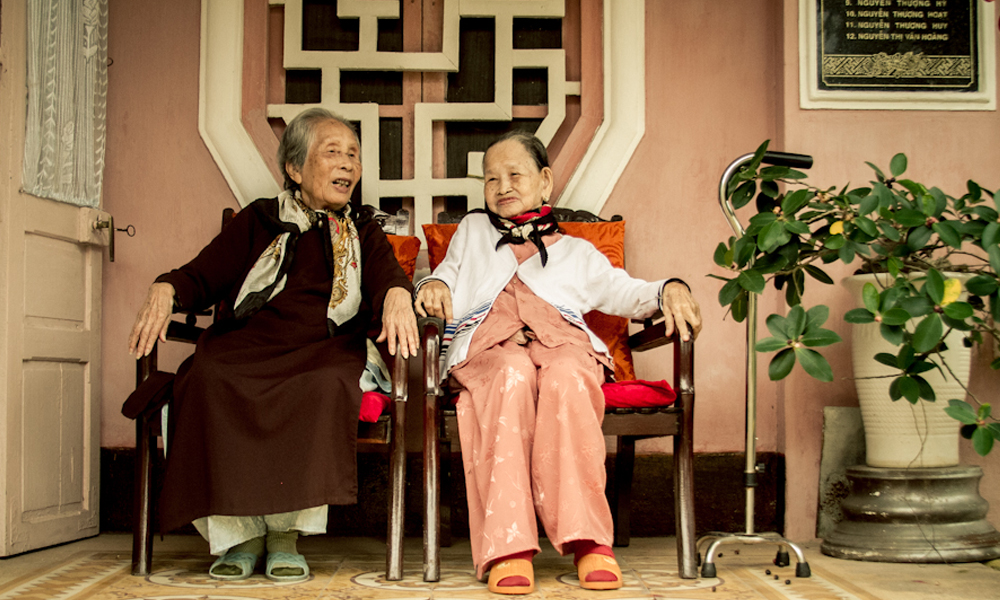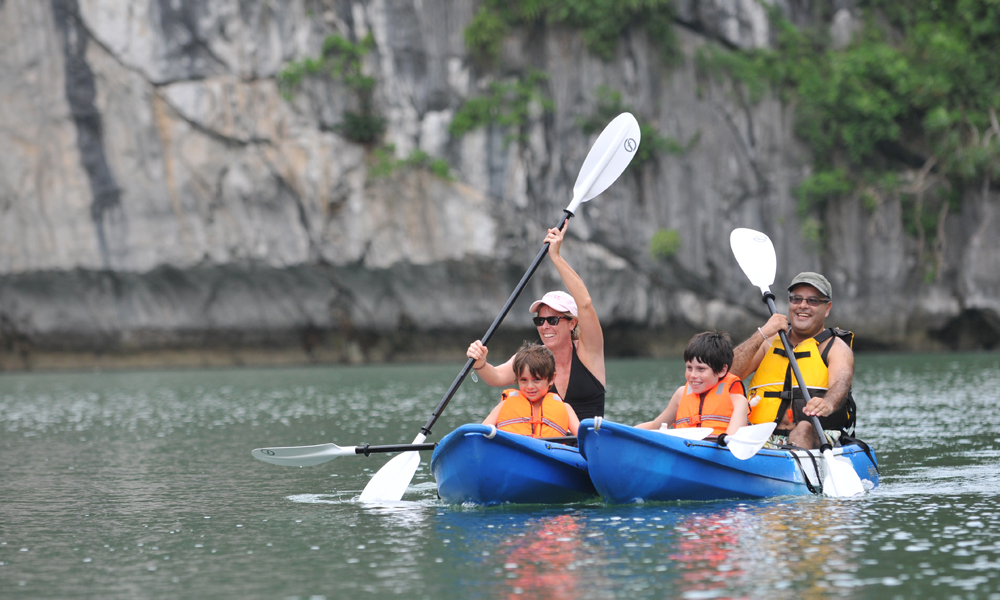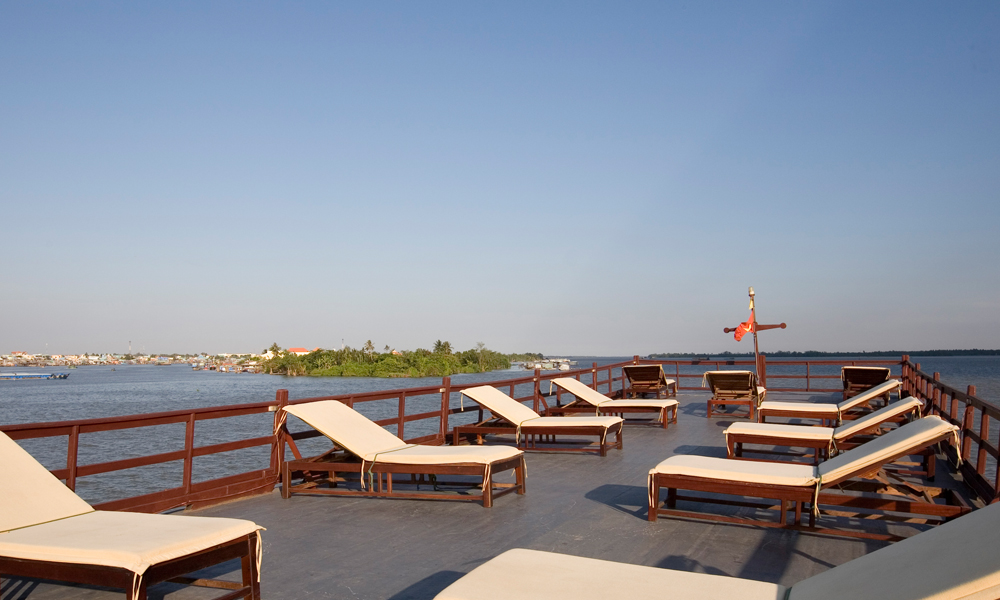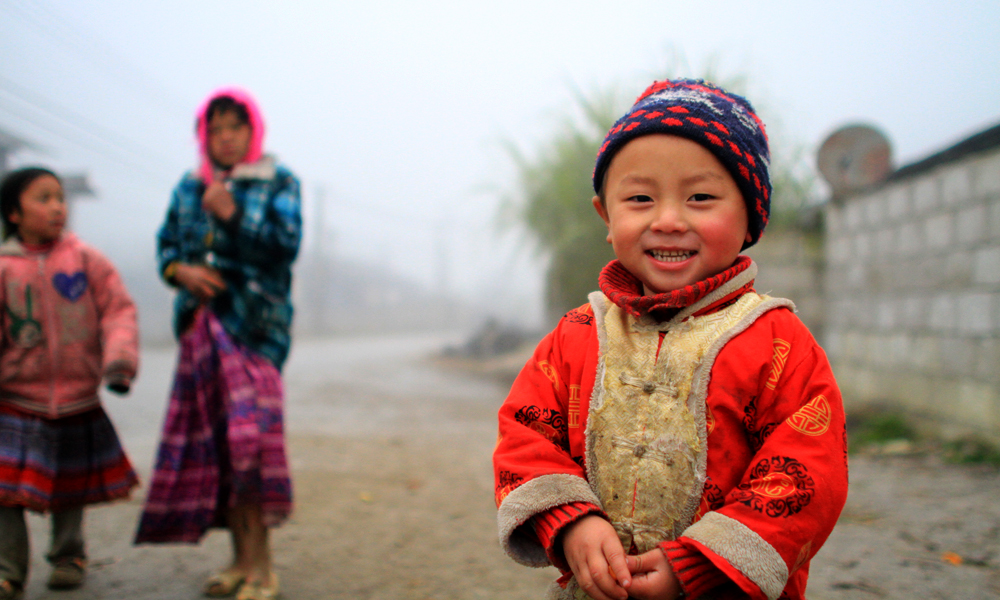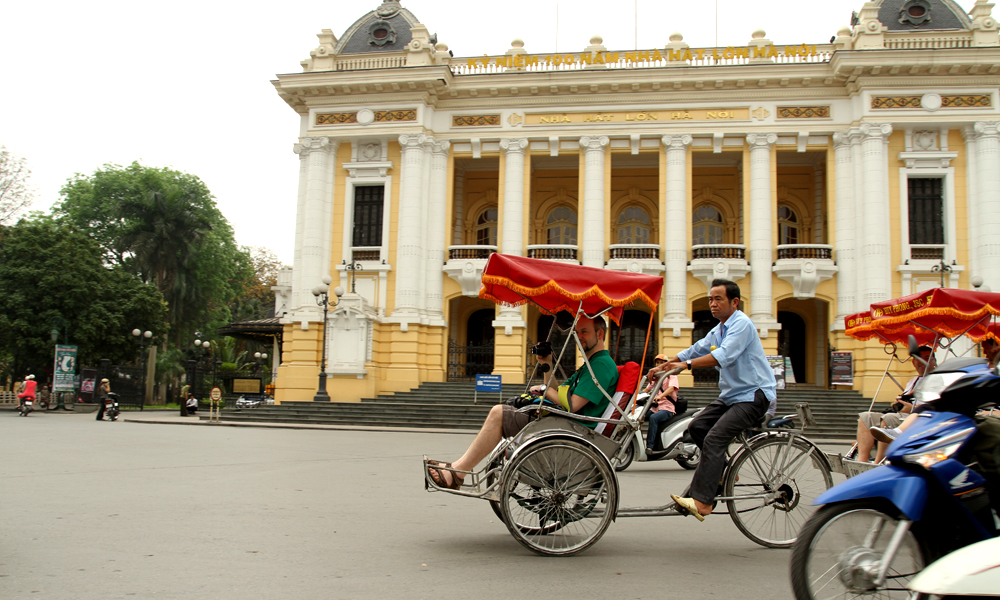- VISAS
Passport should be valid for six months after you planned date of departure from the country. Tourists from many countries (including the US, UK, Germany, France and Singapore) do not require a visa when entering Thailand and can stay for a duration of 30-days. In many of these countries (including the US, UK, Australia, Germany, France and Singapore) you can apply for a 60-day tourist visa before you leave. If you hold a Brazilian, Peruvian or South Korean passport, you are exempt from visa requirements and can enter and stay in Thailand for a period of not exceeding 90 days.
Citizens of some other countries are required to apply for a 15-day visa at immigration checkpoints on arrival, while others must apply for one before they leave. It all depends on the particular visa arrangement Thailand has with your home country. The best way to find out is to check with either the Thai Immigration Bureau or the Thai Embassy or Consulate in your home country.
- WEATHER
The best time to visit most of Thailand is between November and February, because it rains the least and it is not too hot. If you plan to focus on the northern provinces, the hot season (March to May) and early rainy season (June to July) are not bad either, as temperatures are moderate at higher elevations.
Northeastern and central Thailand, on the other hand, temperatures may climb over 40°C. Because temperatures are more even year-round in the south (because it’s closer to the equator), the beaches and islands of southern Thailand are a good choice for respite when the rest of Thailand is miserably hot.
In the rainy season (roughly July to October) temperatures tend to be cooler. October, however, tends to be the wettest month.
- TIME ZONE
Time zone: GMT/UTC + 7 Business days: Monday through Friday.
Business hour: Mornings: 07h30 - 12h00; Afternoons: 13h00 - 16h30.
Most restaurants and shops open from 08h00 till 22h00
- CURRENCY
The basic unit of Thai currency is the Baht (THB). As of 30 October, 2012: 1 USD = 30.75 Baht (THB).
- WHAT TO PACK
Thailand is a casual country by western standards therefore casual clothing is appropriate for almost any occasion.
Some lightweight quick dry clothing is advisable. Long sleeved shirts for the evenings and a light sweater if you are going in the winter months. If you go in the wet season, a waterproof jacket might be a good idea.
If you are not participating in any trekking tours, sandals and lightweight shoes are sufficient. If trekking is included in your itinerary, you will need trekking boots.
- ELECTRICITY
The national electricity system is 220 volts. Connections are either a round two-pin plug or a flat two-pin plug. Beware if you are using electrical appliances and laptop computers, as there are power surges and frequent power cuts.
- FOOD/CUISINE
Not many people will need much introduction to Thai food as it is well known around the world. Rice as with all the SE Asian countries is the staple diet flavored with delicious curries and stir fries among other things. Fresh fruit and vegetables abound as do the use of herbs and spices. All in all, a total delight.
- DRINKING
Drinking tap water or ice is not recommended. Bottled water is readily available but check the seal for possible tampering. You should be drinking a minimum of 1.5 liters of water per day. This should increase as the temperature increases or you are engaging in physical activities.
- HEALTH
Pack medications in their original, clearly labeled, containers. A signed and dated letter from your physician describing your medical conditions and medications, including generic names, is also a good idea. If carrying syringes or needles, be sure to have a physician’s letter documenting their medical necessity. If you have a heart condition, bring a copy of your ECG taken just prior to travelling.
If you happen to take any regular medication, bring double your needs in case of loss or theft. In most Southeast Asian countries, you can buy many medications over the counter without a doctor’s prescription, but it can be difficult to find some of the newer drugs, particularly the latest antidepressant drugs, blood pressure medications and contraceptive pills.
There are some health concerns you should be aware of in Thailand including dengue fever, malaria and Japanese encephalitis, typhoid and hepatitis. Take necessary precautions against sexually transmitted diseases (particularly HIV and AIDS)
Mosquito bites are annoying enough in themselves, but on top of that, some tropical diseases (see above) are insect borne, so applying mosquito repellent after sunset is a must especially when in a more rural setting. Gastro enteric problems are among the most common ailments visitors complain about. These are generally the result of consuming contaminated food or water, so be careful about where and what you eat and drink.
No vaccinations are officially required by the Thai authorities, however immunization against cholera, hepatitis, typhoid, tetanus, polio and Japanese encephalitis is advised. Please consult your doctors for further medical advice.
You should carry a basic medical kit that includes anti diarrhea tablets and re-hydration salts. Medical standards outside of the main cities are lower than those found in western countries.
Thailand is a generally a very safe country but as in any country, general common sense precautions are necessary as a tourist.
In the larger cities in the busy areas, take precautions against pickpockets.






